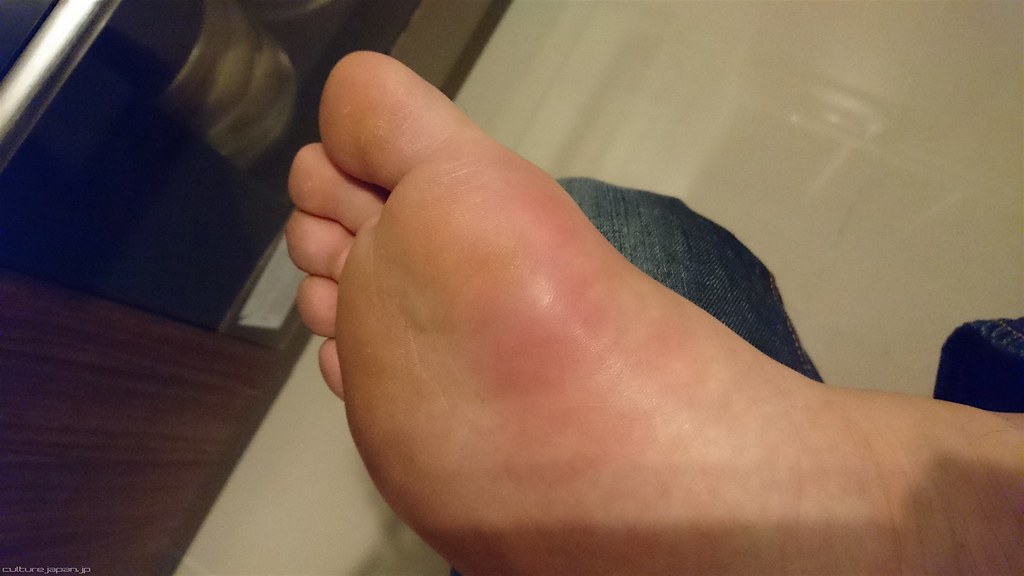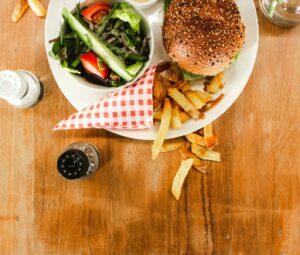![]()
High uric acid levels can lead to painful conditions like gout, kidney stones, and joint inflammation. Understanding which foods, fruits, and drinks to include or avoid is crucial for managing uric acid levels naturally. In this blog, we’ll explore effective dietary as uric acid remedy and provide medical advice to keep uric acid in check.
Foods to Avoid for High Uric Acid Levels
Certain foods are rich in purines, which break down into uric acid. Limiting these can prevent spikes in uric acid levels.
- Red Meat and Organ Meat
Examples: Liver, kidney, beef, pork
Limit to: Less than 4-6 ounces per week
- Seafood
Examples: Anchovies, sardines, mackerel, shellfish
Limit to: 3-4 ounces per week
- Sugary Foods and Drinks
High-fructose corn syrup is a major contributor.
Examples: Sodas, fruit juices, desserts
Limit to: Avoid entirely or consume sparingly (less than one serving per week).
- Alcohol
Beer and spirits can worsen uric acid buildup.
Limit to: One drink per day or avoid altogether during flare-ups.
Foods That Help Reduce Uric Acid
- Low-Fat Dairy Products
Examples: Skim milk, yogurt
Recommended intake: 1-2 servings daily
- Cherries and Berries
Rich in antioxidants and help lower uric acid.
Recommended intake: One cup daily
- Citrus Fruits
Examples: Oranges, lemons, limes
High in vitamin C, which can reduce uric acid levels.
Recommended intake: One fruit or one cup of juice daily
- Vegetables
Leafy greens, cucumbers, and tomatoes are excellent.
Recommended intake: 2-3 servings daily
Hydration: The Key to Flushing Uric Acid
- Water
Helps dilute uric acid and flush it out.
Recommended intake: 8-12 glasses per day
- Green Tea
Contains catechins, which may lower uric acid levels.
Recommended intake: 2-3 cups daily
- Coffee
Moderate coffee consumption can reduce uric acid levels.
Recommended intake: 1-2 cups daily
Lifestyle Tips and Medical Advice
Exercise Regularly: Moderate exercise helps maintain a healthy weight, reducing uric acid levels.
Monitor Uric Acid Levels: Routine blood tests can help track progress.
Consult a Doctor: Before making any significant dietary changes, consult a healthcare professional, especially if you are on medications like allopurinol or colchicine.
Conclusion
Managing uric acid levels is achievable through dietary adjustments and a healthy lifestyle. Avoid high-purine foods, stay hydrated, and seek medical guidance for personalized treatment. With the right approach, you can lead a pain-free and healthy life.





